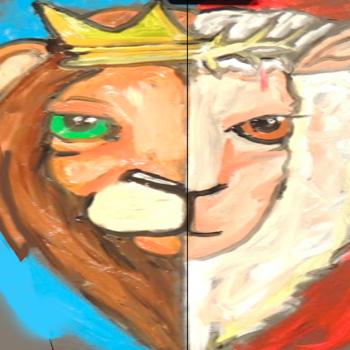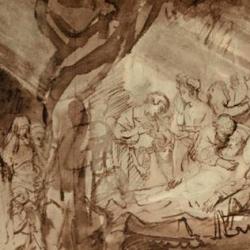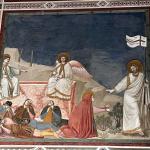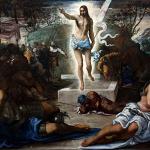The possibility that the Babylonian “creation” stories were influenced by the biblical account are usually dismissed quickly for chronological reasons. The Babylonian texts are, it is said, much earlier than Genesis.
John Walton thinks this quick dismissal too quick (Ancient Israelite Literature in its Cultural Context, 36):
“Though the chronological argument is considered the strongest and is often the only reason cited before this theory is summarily dismissed, even Heidel was aware of the inherent difficulties in this line of argumentation. ‘Since priority of publication does not imply priority of existence, this argument must be used with a certain amount of caution. The Hebrew story may have been current in some form or other many centuries before it assumed its present form.’ The fact remains, that whether one defends something as early as a fifteenth-century Mosaic authorship for Genesis or insists on a date of the P (Priestly) source in the fifth century, both Moses and P are understood by their respective supporters to be compiling material already in circulation. It would not be unlikely to think of Abraham, or depending on one’s theory of the origins of Israel, wandering Aramaeans, bringing with them, at least in oral form, accounts of a cosmological nature. Even though the immigrants are most likely coming from Mesopotamia by any theory, we cannot make outright assumptions concerning the possible form of any creation accounts they may have carried. Such an assumption in any direction creates a circular argument. The point is that we are terribly ill-informed regarding the history of either Mesopotamian or biblical creation accounts.”
Walton concludes that “This makes the argument based on chronological sequence null and void. We cannot say for certain that the traditions preserved by the Israelites are any less ancient than the traditions preserved by the Babylonians.”















